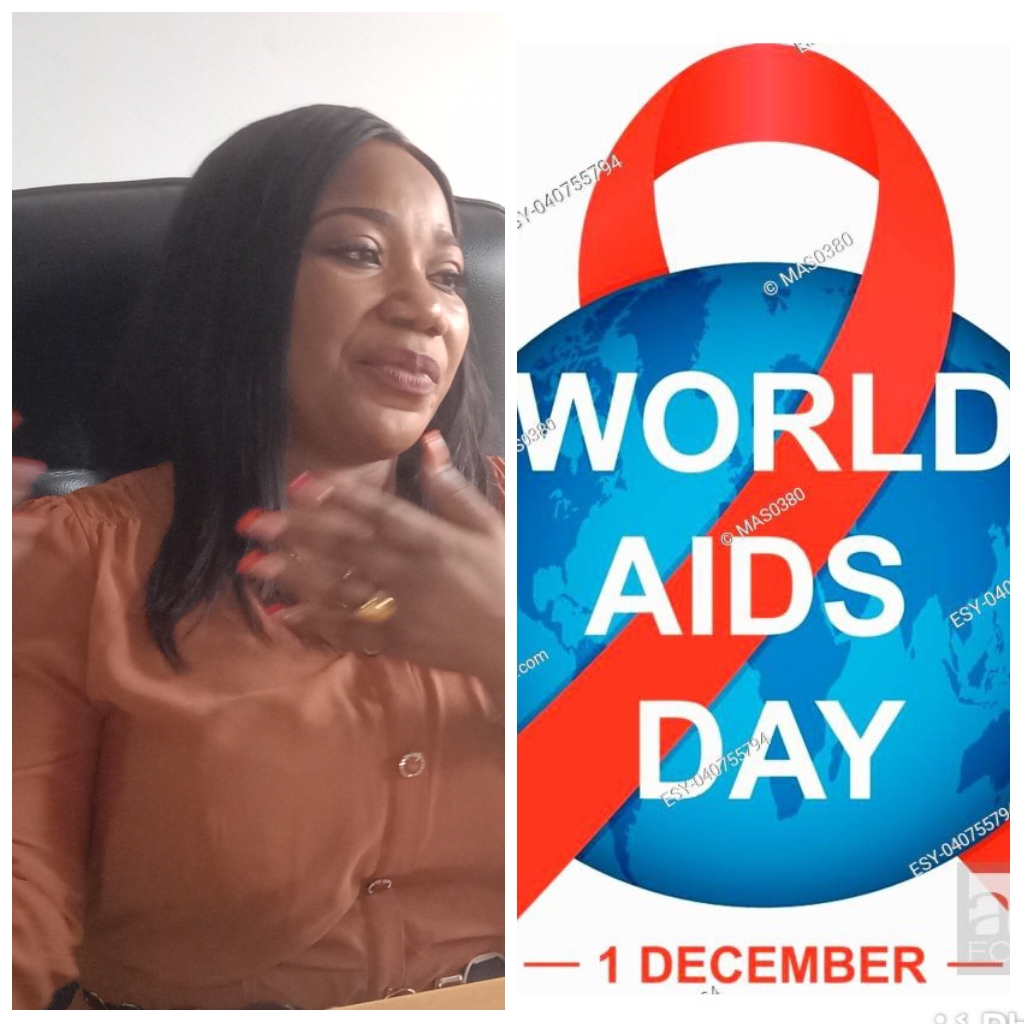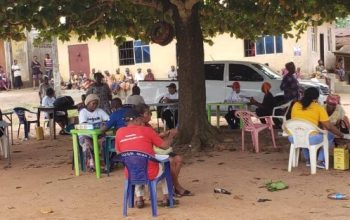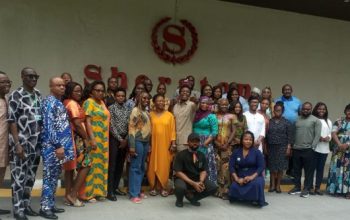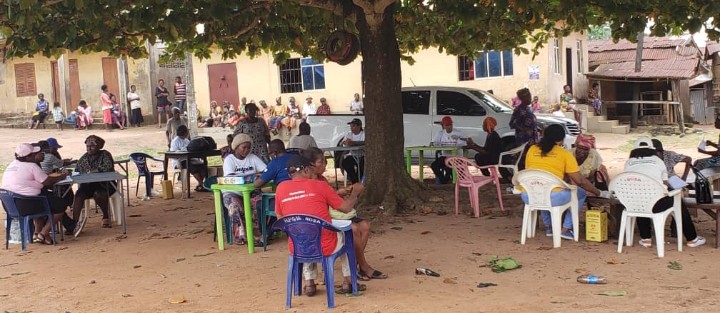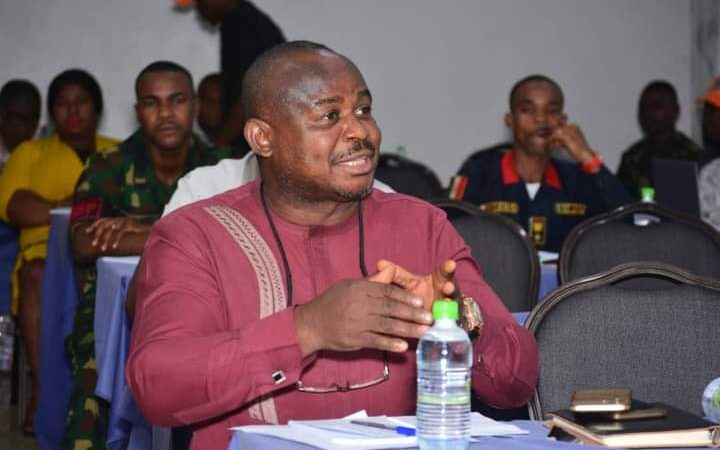As Nigeria joins the globe to mark 2023 World Aids Day, Joint United Nations Programme on HIV/AIDS UNAIDS is calling for urgent support to Let Communities Lead in the fight to end AIDS.
This year has the theme “communities, leadership to end Aids by 2030”
World AIDS Day is an opportunity to reflect on the progress made to date, raise awareness about the challenges that remain to achieve the goals of ending AIDS by 2030 and mobilize all stakeholders to jointly redouble efforts to ensure the success of the HIV response.
In an interview, the Director General of Abia State Agency for the Control of HIV and AIDS, ABSACA, Dr Uloaku Emma Ukaegbu advised people to adhere to all measures mapped out to eradicate the spread of HIV/AIDS by 2030.
According to her, Abia State government has adopted many strategies including, visits to markets, quiz competition across the state to sensitize secondary school students on the need to avoid actions that could lead them to dangers of the disease. She added that what is driving the spread of the virus is stigma and discrimination, saying that they will continue to educate the public by giving them preventive commodities like condoms.

She appreciated the state governor, Dr Alex Otti for the confidence reposed in her and to assign her head ABSACA. She added that they are working with community based organisations, civil society organisations, faith based organisations etc. Uloaku maintained that the state government under Alex Otti has been giving them the necessary support to remain active, while collaboration with other partners have remained a source of strength to do better.
On prevalence, Dr Ukaegbu, said the last survey done in 2019 which the result came out in 2020 indicates that Abia prevalence is higher than even the national. The survey according to her was done by National Aids Indicator Impact Survey NAIS, which was a community based show that Abia prevalence was 2.1 percent which means out of every one hundred people, you will find two people with HIV, which is against the national that is 1.4 percent. Therefore, she revealed that Abia’s prevalence is worse than the national and the sixth worst affected in the last survey in Nigeria. In the same survey, Dr Uloaku said the pregnant women had 3.9 percent prevalence and the state has programs to prevent mother to child transmission of the disease.

On the theme of this year theme,”communities, leadership to end Aids by 2030″, the medical expert said everyone is either infected or affected, therefore called on their key population including people who inject hard drugs, commercial sex workers, those in the correctional centre and all stakeholders to join hands to end HIV/Aids by 2030.
She said “if somebody starts taking the drugs what it is for me may not be what it is for another person, the viral suppression with the current drug is very quick, its even to get to a point when somebody is on HIV drugs goes to test and see O virus it doesn’t mean the person is HIV free, it only means the virus is no longer detective by test and the person has to keep taking the drugs/medication”.
Dr Uloaku maintained that”Hiv test in priority now was basically a blood test and some of those blood test kits are quite friendly. RDP is a rapid blood test that occurs in 10 minutes and the person knows the result of the test”.
She added that “HIV drugs are free, nobody goes anywhere for managing HIV patients and the person is charged anything and this is courtesy of many partners in Abia State, we have the Catholic Caritas foundation of Nigeria (ccfn). Beyond 2030 we are talking about sustainability because of donor fatigue,many donor agencies are going to leave the development space and Abia State will be expected to own their own response, at that point it may now be difficult to tell HIV and poverty have a very unholy matrimony. More poor people may get it because of their vulnerability at the same time being on medication you take everyday is going to eat into the person’s pocket and further impoverish the person”.
Dr Uloaku Ukaegbu disclosed that what actually is driving the spread of HIV/Aids is stigma and discrimination. So, right now as an agency, we are not discriminating.
‘”That a man has chosen to have sex with a man or whatever lifestyle somebody has decided to live, we are not going to condemn that, but we are going to help them to ensure that they do not continue the spread”.
How do we do this? by giving them a friendly environment to come in and say what their problems are, by giving them enough health education. We educate, and we keep educating by giving them preventive commodities so that each episode that can possibly lead to HIV does not lead to HIV.
“We are going even further now to go to our adolescent girls and young women, our young people to make sure while they are young, they get all the basic information that will help them to take the right decisions and behave in ways that do not endanger and put themselves at risk of getting HIV AIDS.
We are deliberate. In this year’s World AIDS celebration in Abia state, we are having quizzes for public secondary schools. so, we are engaging them with every possible person and at the same time, we are also engaging with the government and tell them the things they can do to encourage us.
The ABSACA boss said they are at a point now where there’s what we call donor fatigue, most of the donors and even the world ‘economy’ for what it is, is such that the funds are no longer coming in like before, and we are all looking inwards and they are talking about state ownership and government ownership sustainability.
So, she said Abia is doing everything that they can possibly do so that the response in the state will not go down.
However, ending AIDS will only be possible when access to HIV services for marginalised communities improves.
Stay safe because the virus is not a death sentence anymore, know your status and end the spread of HIV/AIDS.

